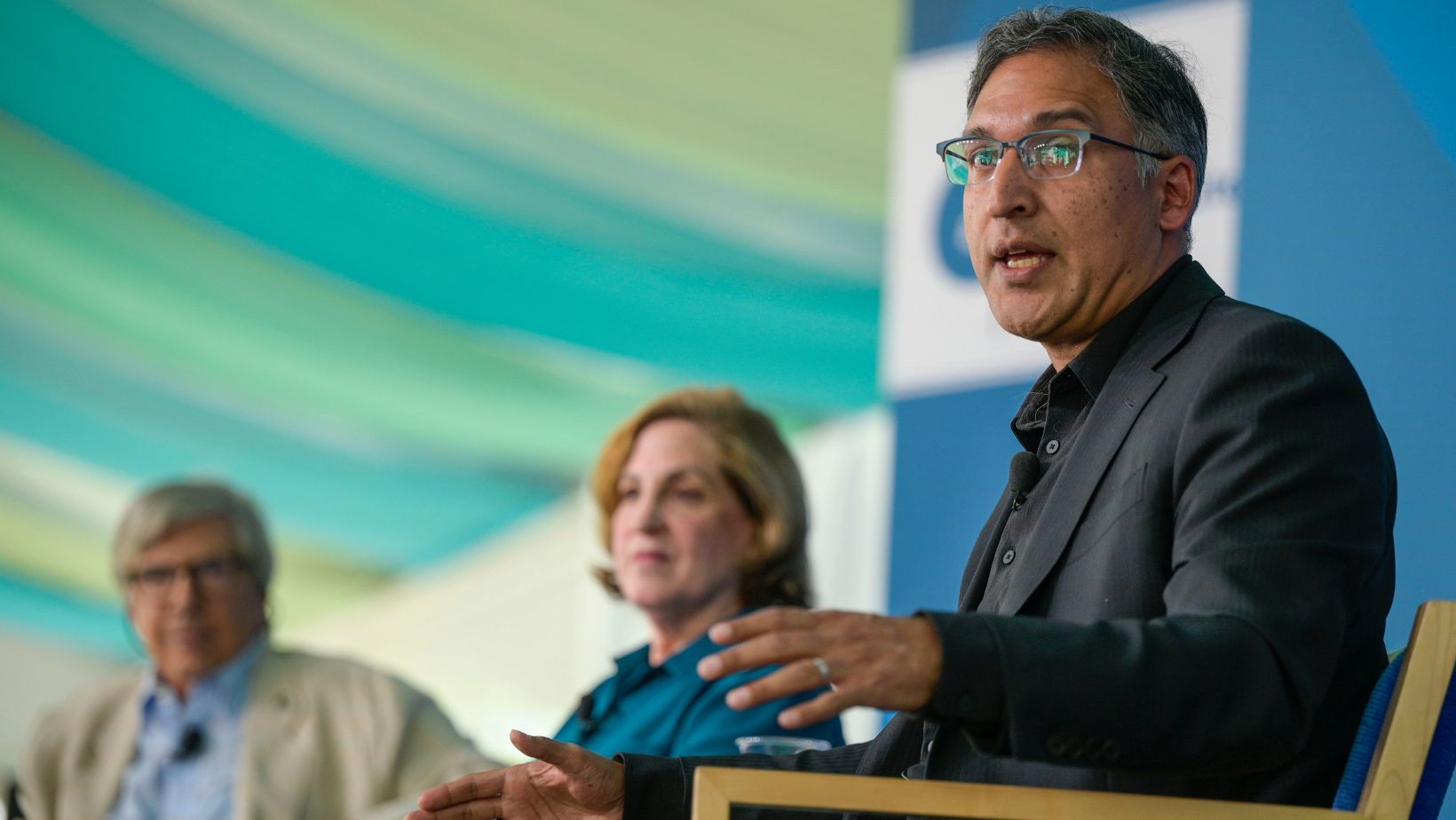Dan Glickman is a former US Secretary of Agriculture and the executive director of the Aspen Institute Congressional Program, a nongovernmental, nonpartisan educational program for members of the United States Congress.
In a new series that aims to promote the restoration of civil discourse, experts at the Aspen Institute weigh in on the consequences and policy ramifications — social, fiscal, and otherwise — of the US government shutdown of 2013.
As we approach the likely shutdown of the federal government, it’s important to acknowledge that this is much more than just not passing appropriations for federal agencies. It’s a public and embarrassing failure of our system of government.
Questions are being asked, like who will get blamed? How will this affect air travel, national security, the fragile economic recovery? But the real question raised by shutdown fever is even more fundamental. Can our system of government — the oldest democracy in the world created by the founding fathers, and meant to be an example for other nations of how government can be made to preserve the freedom of its people — continue to work?
As Congress continues to “govern” by lurching from crisis to crisis, the American people continue to roll their eyes in disgust. Gallup recently released a poll showing that the American people’s trust of the federal government is at a historic low, with only 34 percent of poll respondents across both parties agreeing that they trust the legislative branch to do the right thing. A majority of Americans — 52 percent — even said that the federal government “threatens their personal rights and freedoms.”
Congress’ primary job — really its only job as the entity with the “power of the purse” — is to pass a budget, which sets the topline numbers for spending that are later used to write and pass 12 appropriations bills to fund agencies like the Department of Defense, Department of Energy, and so forth. This process has completely broken down. In fact, the last time Congress was able to pass all 12 appropriations before the start of the fiscal year was in 1994, just before the last big shutdown crisis.
When the 1995 shutdown happened, I had recently been appointed Secretary of Agriculture in the Clinton administration. Fortunately for me, Congress had already passed the agriculture appropriations bill (as well as military construction and energy and water appropriations). This allowed my agency to continue to operate. This time, no appropriations bills have yet been passed, which means that all agencies will be left without funding or direction from Congress. I didn’t think it could be worse than it was in 1995, but it is.
The American people have lost so much trust in the legislative branch over the years for the basic reason that the legislative branch isn’t doing its job! It’s simple: if you don’t do your work, you can’t possibly earn trust from people who rely in part on this work being done.
The political system was never designed to operate smoothly all the time. The founders created a system of separation of powers to make sure that it wouldn’t run efficiently, given their distrust of a centralized government. We do have deep disagreements in this country over spending, debt, entitlements, social issues and a whole host of other things. But those debates are meant to be had in elections, and the winners are supposed to work together to govern by enacting policies that promise a brighter future of the United States and its people.
Divided government is a common composition of American government and has been since the founding of the Republic. The only way that legislators working in a non-parliamentary system such as ours can govern is through trust and compromise. And as evidenced by the shutdown crisis, the trust and ability to compromise necessary for Congress to do its work is deeply frayed.
The lack of trust Americans have in their government is dire, but the situation is still salvageable. Congress must take up its duties together to pass appropriations, keep the government open, raise the debt ceiling, improve the health care law, and show the public that it is still an institution committed to compromise — hard as it may be — on behalf of the American people.

